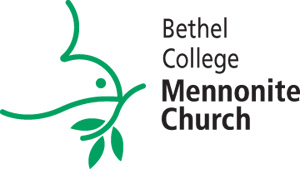9:30 a.m. Worship planned by the Senior High Youth Group
Baptisms will be performed
10:30 a.m. There are no Children’s Sunday school classes for the month of July
10:30 a.m. Fellowship in the Gathering Place; water available
10:50 a.m. Faith Formation—Visitors welcome!
Sunday school elective: The Doctrine of Discovery—Sanctuary

